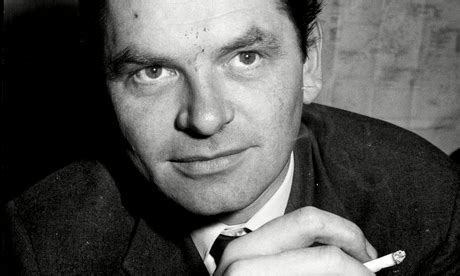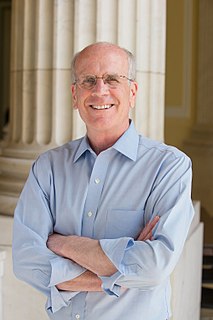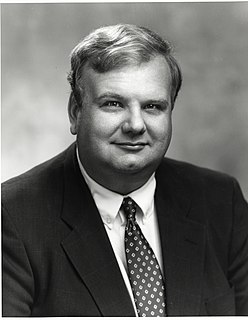A Quote by Alex Steffen
Cities offer us powerful leverage on our most stubborn, wasteful practices. Long commutes in our cars, big power bills from our energy-hogging buildings, shopping trips to buy stuff that'll spend a few short months in our homes and long centuries in our landfills.
Related Quotes
Most people would say they live with an internal angst that they can't always put their finger on. This is because the Internet has changed our very way of being in this world, compelling us to be perpetually "on" - from our cars to our computers, our tablets to our smartphones, our desks to our living rooms or dining tables, our churches to our libraries to our schools.
The most important fact about our shopping malls, as distinct from the ordinary shopping centers where we go for our groceries, is that we do not need most of what they sell, not even for our pleasure or entertainment, not really even for a sensation of luxury. Little in them is essential to our survival, our work, or our play, and the same is true of the boutiques that multiply on our streets.
Television, radio, social media. The 24/7 news cycle plows forward mercilessly on our desks, in our cars and in our pockets. Thousands and thousands of messages and voices bombard us from the moment we wake, fighting for our attention. All we see and hear, all day long, is news. And most of it is bad.
The mediated world has approached us from a lot of different directions and we have freely chosen our automobiles and our skyscrapers and our televisions and our telephones and our computers because they have given us power and freedom. Now we are beginning to notice there's a price to pay for them. It's all interconnected, the good stuff and the bad stuff comes together.
We read our mail and counted up our missions In bombers named for girls, we burned The cities we had learned about in school Till our lives wore out; our bodies lay among The people we had killed and never seen. When we lasted long enough they gave us medals; When we died they said, "Our casualties were low." They said, "Here are the maps"; we burned the cities.
We hear much of special interest groups. Well, our concern must be for a special interest group that has been too long neglected. It knows no sectional boundaries or ethnic and racial divisions, and it crosses political party lines. It is made up of men and women who raise our food, patrol our streets, man our mines and factories, teach our children, keep our homes, and heal us when we're sick - professionals, industrialists, shopkeepers, clerks, cabbies, and truck drivers. They are, in short, "We the people," this breed called Americans.
When we hate our enemies, we are giving them power over us: power over our sleep, our appetites, our blood pressure, our health and our happiness. Our enemies would dance with joy if only they knew how they were worrying us, lacerating us, and getting even with us! Our hate is not hurting them at al, but our hate is turning our days and nights into a hellish turmoil.
The Bush Administration believes the Kyoto protocol could damage our collective prosperity, and in so doing, actually put our long-term environmental health at risk. Fundamentally, we believe that the protocol both will fail to significantly reduce the long-term risks posed by climate change and, in the short run, will seriously impede our ability to meet our energy needs and economic growth.
But he would have us most of all remember to be enthusiastic over the night. Not only for the sense of wonder it alone has to offer but also because it needs our love. For with sad eyes its delectable creatures look up and beg us dumbly to ask them to follow. They are exiles who long for a future that lies in our power.
When everything that matters can be bought and sold, when commitments can be broken because they are no longer to our advantage, when shopping becomes salvation and advertising slogans become our litany, when our worth is measured by how much we earn and spend, then the market is destroying the very virtues on which in the long run it depends.






































